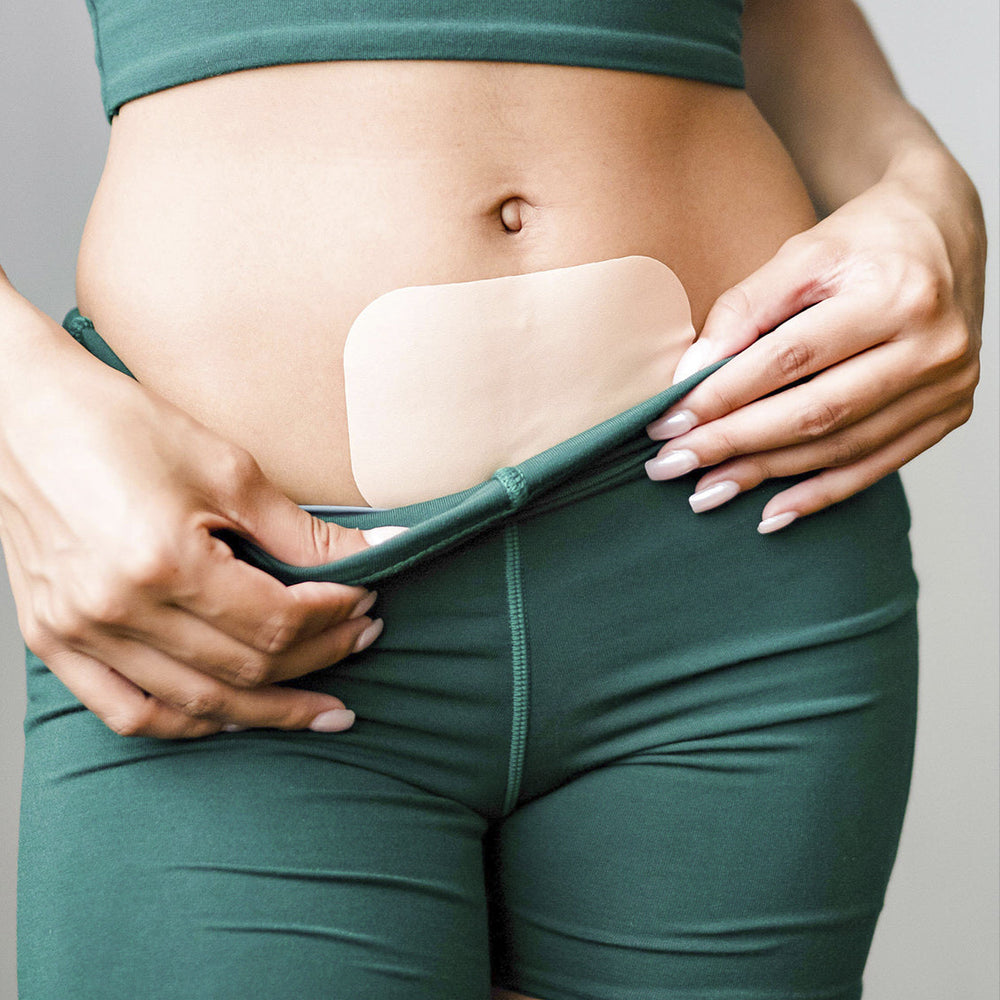3 Tips for Healthier Screen Time
In our Google Drive-saved, WiFi-fueled, and social media-shaped era, it can be pretty hard to keep our entire lives from being consumed by screens. According to a 2016 study conducted by Nielsen, adults spent an average of 10 hours and 39 minutes each day using electronic devices for media intake in the first quarter of that year. To put that into perspective, that’s about 44% of a 24-hour period and about 67% of a 16-hour day, allowing for the optimal and recommended 8 hours of sleep. I’d wager that the average screen time has increased over the past few years. Media on all different kinds of screens continues to innovatively evolve and capture our imaginations. Screen time can be a great thing, but we cannot allow it to dominate our schedules or our psyches. Its pervasive clickbait power has to be checked. During the current COVID crisis especially, we need to be intentional about not being zombified by overexposure to our screens. Otherwise, we’ll more or less become cyborgs, unable to navigate our world or ourselves without a screen nearby. Let’s make sure that does NOT happen, being sure to position screen time as one part of our multifaceted lives. Here are three tips to refine your screen time by establishing boundaries for when and how you use it: .
1. Keep your cell phone and computer out of your bedroom.
I personally need to start taking this advice. My phone is one of the first things I see when I wake up and the last thing I see before I fall asleep. I often find myself mindlessly scrolling through social media or trying to beat my DoodleJump high score. Because of this habit, I probably fall asleep an hour or so later than I ought to. Don’t be like me. According to experts at the Sleep Foundation, using electronic devices can overstimulate you and delay your body’s internal clock, throwing your circadian rhythm out of whack.With an unstable circadian rhythm, you’re more likely to develop some form of insomnia, making it difficult to fall asleep, stay asleep, and/or unable return to sleep upon waking up too early. Keeping your phone and computer out of your bedroom can help you make the space a dedicated safe haven for sleeping. And since some people counter argue that they need their phones to set a wake-up alarm, (It’s me. I’m “some people.”), it may be worthwhile to have a regular old-fashioned alarm clock to help establish this much-needed boundary.
2. Collect data on your screen time consumption.
3. Turn off your devices.
Please know that each tip that I just gave to you is something that I am trying to actively implement in my own life. Screen time can be a very difficult thing to navigate and balance. This is not to say that screen time is bad even in the slightest. It just needs to be enjoyed in moderation like all other good things. We just have to be careful that cyberspace doesn’t keep us away from the joys of the real world.


Leave a comment